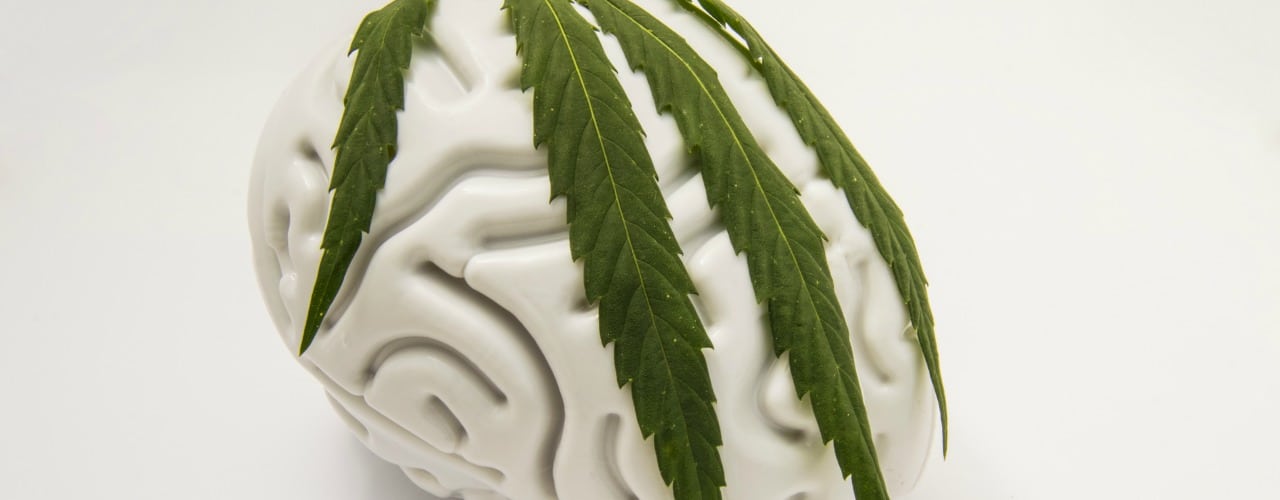
We’re in the midst of a gold rush—or is that a green rush? Cannabis is finally getting the clinical studies required to validate its medical usefulness. For many of us, this research couldn’t happen soon enough.
What We Actually Know About the Effects of Cannabis on The Brain: Facts vs Hype
When it comes to cannabis-based therapies, one of the most exciting areas of study is the brain, specifically combating its tendency towards decreased functionality with age. A scroll through contemporary medical journalism nets you some exciting prospects. Daily Dose Of Cannabis May Protect And Heal The Brain From Effects Of Aging, says Forbes; Cannabis reverses aging processes in the brain, reports Science Daily.
So far as the United States government is concerned, cannabis has no medicinal value (although a federal patent on cannabinoids soundly contradicts this assertion).
Private-sector studies, on the other hand, have uncovered some compelling threads. For one, it’s accepted that the body’s endocannabinoid system plays a substantial role in neurodegenerative diseases such as Alzheimer’s and Parkinson’s.
There’s evidence that the body attempts to combat these debilitating, eventually fatal diseases by increasing the levels of certain endocannabinoids. Researchers are trying to determine whether phytocannabinoids—those found in cannabis—can have the same therapeutic effect, essentially bolstering our own defenses.
Brain Inflammation and Cannabis
Beyond that, cannabis use—even at comparatively low levels—is shown to reduce brain inflammation. Why is this critical? Generalized inflammation of the brain is a by-product of aging (as well as being a direct effect of physical or neurological trauma).
According to Gary Wenk, Ph.D., a professor of neuroscience, immunology and medical genetics at Ohio State University: “PET imaging studies of humans have shown that after age 30 the brain gradually displays increasing evidence of inflammation. With advancing age, brain inflammation continues to worsen leading to a decline in the production of new neurons, called neurogenesis, that are important for making new memories.”
Thanks to the PSAs of our youth, it’s commonly accepted that “cannabis kills brain cells.” In truth, it’s now accepted that the endocannabinoid system is linked with the creation of new brain cells (though it’s recommended that adolescents avoid cannabis entirely during this critical phase of brain development). And—perhaps demonstrating the mechanism behind its antianxiety and antidepressive qualities—cannabis can have a marked and measurable positive effect in stimulating this growth.
Compelling Research Findings
Most of the research in this area has focused on mice, and while it’s promising, it’s important to remember that “mice are not men.” It’s perhaps inevitable that the field is prone to wild claims and jubilant exaggerations, some well-meaning and others perhaps less so.
But when it comes to the science of cannabis and brain aging and how cannabis grows brain cells, the research—while early—is compelling.
It may be premature to say conclusively: cannabis reverses brain aging. But, perhaps soon we will be able to say: if you’re an adult concerned with the declining brain function associated with aging, it may just be the right time to start “experimenting” again.
